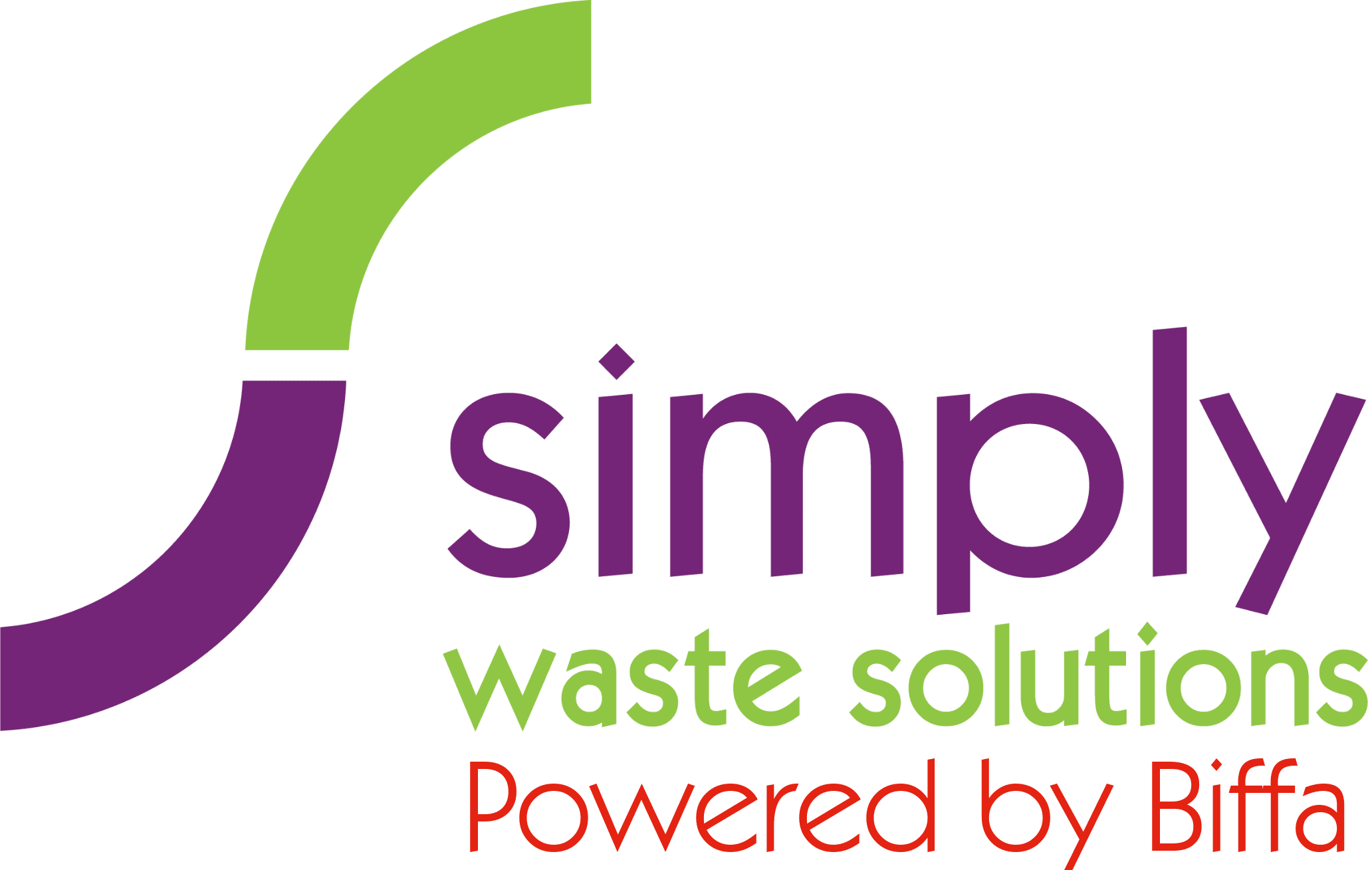If everyone made a few simple swaps to a more sustainable alternative, the knock-on effects for the world would be hugely positive. But, where do you start and how do you know what’s truly sustainable and what isn’t? Here we’re going to explore a few simple swaps that everyone could make to reduce their own impact on the environment.
Toothpaste is something that we all (hopefully!) use every day of our lives. When most of us think of toothpaste, we think of it coming in a plastic tube. Traditionally, these tubes aren’t recyclable because they’re made from sheets of plastic laminate and a layer of aluminium pressed together in a film.
As more people are becoming aware of the environment, the sustainable market has grown massively and products such as natural toothpaste are becoming available. These products come in a recyclable jar with a recyclable metal lid – a simple swap that would see so much unrecyclable packaging out of our homes.
Everyone should be aware by now of the problems with single-use plastic bottles and coffee cups and there are hundreds of different types and brands of reusable alternatives readily available.
Lots of places will refill water bottles for you and some even have refill stations for you to use yourself. Many coffee shops are huge advocates of reusable cups and incentivise them by giving you a discount for using your own cup*.
While this is all common knowledge, a lot of people are unaware that you need to use your reusable bottle and cup enough times to benefit the environment and counteract the higher manufacturing impact. For example, KeepCup report their products’ environmental breakeven point is after 15 uses. Meaning that if you use the product 14 times, you could have used 14 single-use cups and that would have the same impact on the environment as the reusable alternative.
The same report claims that a ceramic cup needs to be reused 39 times before being more environmentally friendly, although a Starbucks report claims that they need to be used 70 times. Ceramic mugs are designed to be used hundreds of times and would very quickly reduce your carbon footprint.
*Some coffee shops may have currently suspended this due to COVID-19 guidelines
There are billions of disposable razors thrown away every year, despite a perfectly good reusable version readily available. Safety razors are usually made from stainless steel and are made so that you just replace the blade when it’s blunt. This simple swap could save another unnecessary item being thrown away, but remember to read instructions on how to use these razors as they are slightly different to disposable ones.
There are so many different cleaning products on the market that do the same job. However, many include an unrecyclable spray pump as part of their packaging. Instead, you could consider a more eco-friendly all-purpose cleaning solution. There are plenty of different brands and different types, including a plastic-free soluble solution.
If there’s a refill shop near you, you can take empty bottles to be refilled over and over again.
Here are just a few everyday items that have readily available more sustainable alternatives, do you already do any of these or want to share any others? Comment your favourite alternatives.
If you need waste collections with a Zero to Landfill promise or would like some advice on how our waste solutions could reduce your business’ carbon footprint, contact us by:
Calling 03330 433 033

 Sales 03308 285 687
Sales 03308 285 687 